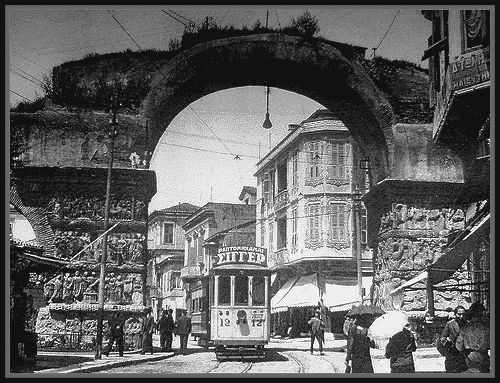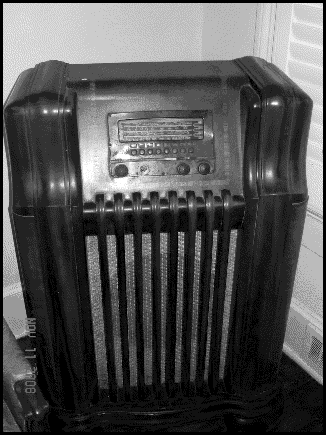Alan Furst
(Random)

When he is good, he can be very very good. We have written of him before, handed out one or two of our cherished stars to the likes of Night Soldiers and Blood of Victory.
But this is his eleventh novel, and he may be growing weary. We were almost half way through Spies of the Balkans all taking place there in Salonika, in December 1940, before the Furst magic began to get to us.
It happened not when our hero Constantine Zannis joins shapely Tasia in her deluxe apartment, when she tells him "no, don't take them all the way off ... there, perfect, you'll like that later."
Nor was it when he uses an iron on a letter from Brandenberg to reveal that the last Jewish refugees have disappeared: "Believe our last shipment lost there to Gestapo agents."
It's not even when he turns mushy over his mountain dog Melissa (and we like friendly smart patient loyal dogs ... like we like smart patient loyal spies: even in Salonika).
No, it's when his Berlin connection, Frau Krebs, helps her friends the Gruens get the hell out of town before the Nazis knock on their door. To reach the safe south, they take old scruffy trains from Budapest, down through Belgrade, past Skoplje and Gevgelija (oh, these Balkan towns), almost getting caught ... but just barely making it. That's when the old Furst grab-you-by-the-scruff takes hold. After that, there's no resisting.
Part of his gotcha --- outside of our detective's requisite fascination with lips, breasts and bottoms "fuller than expected" --- lies in the sly details. There's the Greeks' long-standing loathing for the Turks --- even though Zannis ultimately escapes to Izmir, the former Smyrna, in Turkey. With Furst, it is always the casual asides that capture the reader.

With the knowledge of the Nazi's pending invasion of Greece, Zannis takes the contents of his desk down to a near-by deserted courtyard:
- Burning papers, that ancient tradition of invaded cities, turned out to be something of an art --- best to drop them in a few at a time so you didn't starve the fire of oxygen.
And, always, with Furst, like Roth, like Hemingway, it is the dialogue --- even the back-and-forth between our not unhandsome hero and a rather portly lady (Mme. Urglu!) who, on the behalf of the Turkish government, sells him visas at $500 a pop (U.S.), wants to sell him something else. He tells her that he'll need six.
"Six!"
"Yes, it's more desperate every day, up north."
"My, my. Would five help you?"
"Madame Urglu, please."
"Allright then, six. It's five hundred dollars each. I trust you have the money with you."
"It was four apiece, the last time."
"I know, but our friend in Istanbul ... Of course, they could be free," she said. "It wouldn't take much. Really, it wouldn't."
Her face softened. She was --- Zannis saw it --- almost pleading. He nodded, sympathy in his eyes. "Yes," he said. "I know."